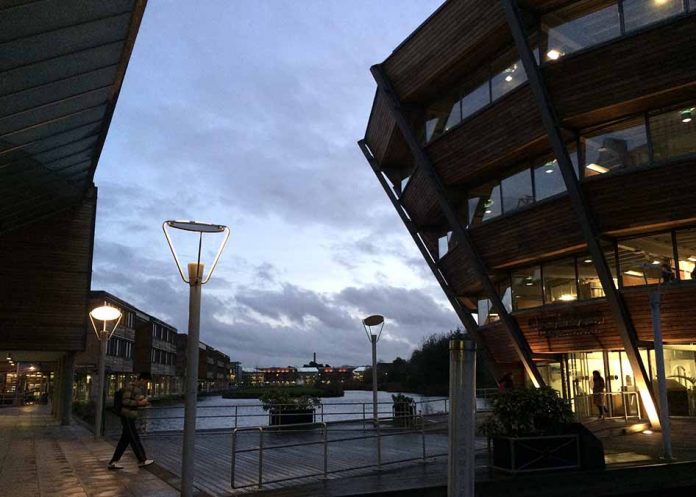University researchers have been working with local firms as part of a project to make them more attractive.
It’s part of a case study supported by the Nottingham Impact Accelerator Fund at Nottingham University Business School which realises that most may be familiar with the way we present ourselves to partners, peers and colleagues, especially in a digital environment.
But academics insist the same criteria should apply to business markets which is why the project includes SMEs operating within a diverse range of industries, including aerospace, event organisation, retail, and travel.
Lecturer, Dr Zsofia Toth, said: “Reduced access to markets, skills and finances, can make fostering attractiveness a difficult challenge for SMEs”.
“Working closely with the firms involved on the Impact Case Study, we have been able to create a toolkit which SMEs can apply to achieve attractiveness”.
The toolkit includes three key areas: managing online attractiveness, taking a relational approach, and navigating networks.

So, why does organisational attractiveness matter? It mobilises resources, particularly financial ones, and also time and attention. She suggests that firms should also consider how they re viewed by their suppliers besides working on their own attractiveness as suppliers.
The first piece of guidance in the toolkit may come as a surprise to managers, but according to the researchers, SMEs that focus on B2B markets can dare to be boring with social media. “That is not to say that content should not be relevant and engaging, but B2B firms do not need to stand out in this area”.
In fact, research shows that, while consistent management of some social media does ultimately increase supplier attractiveness in an early business-to-business partnering context, being perceived as ‘too social’ on these platforms can have a negative impact too.
“Although social media remains a key tool for the organisational services firm and retail company, both of which have a strong consumer facing element, we have been able to work with an SME in engineering to help them reduce the time and resources allocated towards social media activities, whilst still maintaining an up to date presence”.
Another tool SMEs should be exploiting is online referrals. These can take several forms, including publishing client testimonials, business partners’ logos, and case studies on the corporate website.
Typically, the more elaboration the better. After publishing a detailed case study and client testimonial of a previous ‘tea experience’ on the website, the tea company has been fortunate enough to receive a commission from a top UK law firm to carry out a similar event at their premises.


